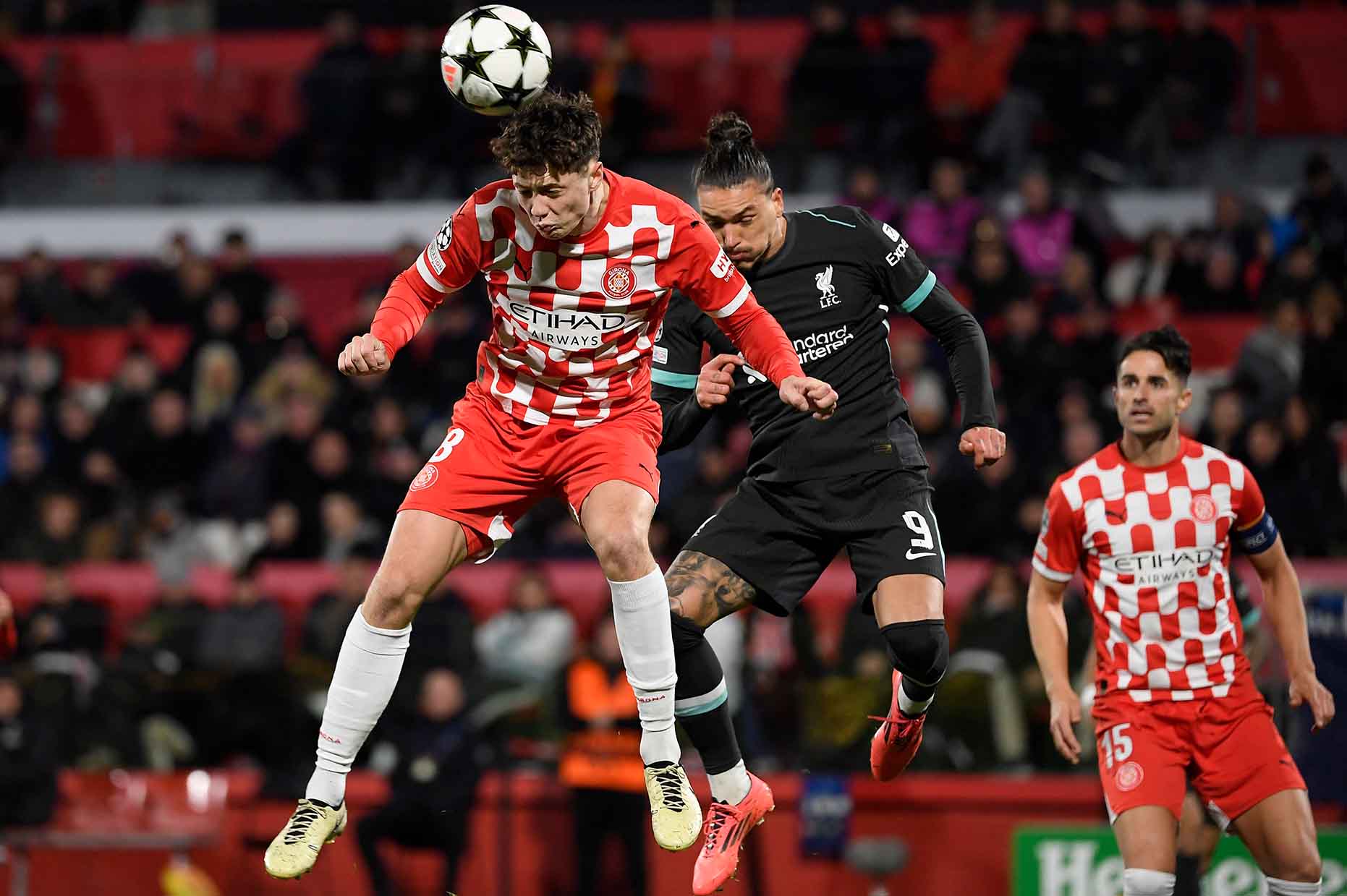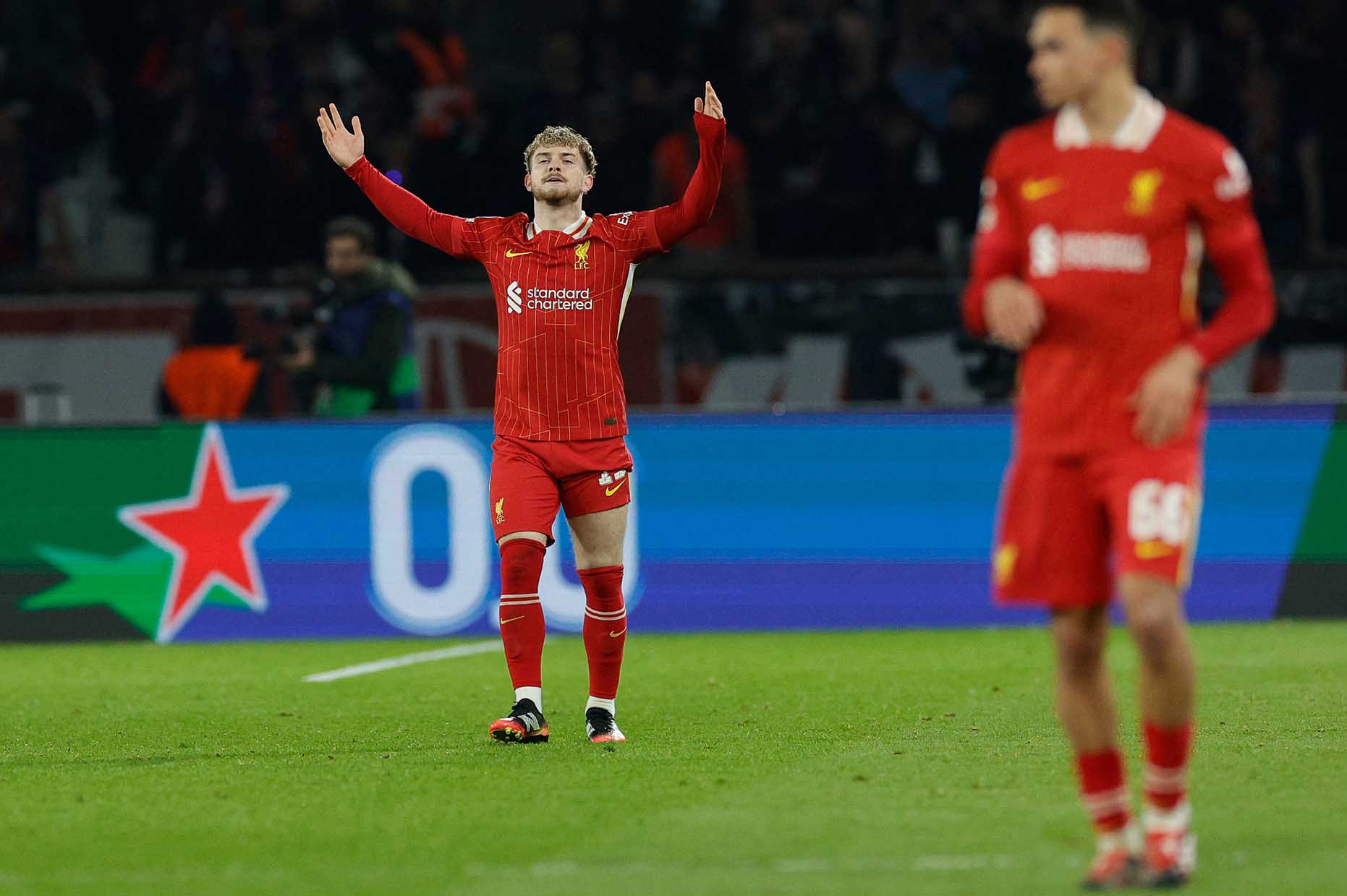Since Michael Edwards was appointed CEO of FSG's football division, the group has been aiming for a model of owning many clubs.
Harris's point of view is very clear, if Liverpool want to maintain their competitive position, one of the ways to realize this is to find a partner team.
The Athletic reported that FSG are studying conditions to buy Malaga - a team playing in the Spanish Second Division. Previously, Malaga had many years of competition in La Liga, so they have a good foundation in sports.
The reason for saying FSG wants to own more clubs is in line with the trend because in the Premier League at the moment, more than half of the club owners own more than 1 team. This model has been expanding rapidly in the past 2 years and Liverpool do not want to stay on the sidelines.
Previously, Liverpool strongly opposed the model of City Football Group (CSG, owner of Man City). CFG owns 13 clubs around the world, including some other famous names besides Man City such as Girona, Palermo or New York City.
When he first returned to Liverpool, Michael Edwards aimed for this as one of the things to do soon. If you look at the opponents around, this is no longer a strategy, it is an urgent issue for FSG.
Why is FSG targeting Malaga and not any other team? When corporations own many teams, they often choose a very small number of teams to invest in, such as CFG did with Man City. The remaining teams are smaller in scale but also strong enough to compete for a position in their national championship. Girona's case is typical as they have played in the Champions League this season.

FSG has previously surveyed the South American market, but the second brick they want to put behind Liverpool must be a team in Europe. Since BREXIT took place, it has been much more difficult for foreign players to play in England. If FSG's partner team is also in Europe, transferring players to Liverpool will be less difficult.
Before Malaga, in the European market, FSG targeted Bordeaux. However, they withdrew from the deal in July 2024. As for Malaga, they played for many years in La Liga but after the crisis, there was a time when they had to play in the Spanish Third Division. Then last season, they were promoted again. In the past decade, there was a time when Malaga reached the quarter-finals of the Champions League (in 2013).
Malaga was chosen after FSG carefully explored the Spanish market. They have put on the scale many other teams such as Levante, Elche, Espanyol, Getafe and Valladolid.
When owning many teams in the ecosystem, FSG and many other corporations can have an easier time recruiting young talents for key investment teams.
In addition, FSG can require all clubs in their ecosystem to play with the same philosophy as Liverpool. This strategy helps the Merseyside team recruit suitable players to continuously supplement resources.

Despite the many benefits, it is uncertain whether teams like Malaga will agree when FSG offers. In current teams' ecosystem models, fans in smaller teams often tend to object. They don't want their club to just be a place to provide talent for another team. Thus, they will forever have no chance to rise.
Not to mention that these teams can meet together in a tournament like the European Cup. At that time, FSG's owners may have to reduce their stake in Malaga or Liverpool to temporarily lose ownership. UEFA does not allow a boss to have multiple teams playing in the same cup tournament.
For now, FSG has not yet defined the overall strategy of how many clubs are needed in the ecosystem and what each team's mission is. However, Michael Edwards's point of view is very clear, all strategies need the first bricks to be the foundation and Malaga is that brick.











